
The Swedish government has announced a ban on discharges from scrubbers, effective from July 1, 2025 for open systems and from January 1, 2029 for all types.
The decision applies to all vessels operating in Swedish territorial waters, marking a significant shift in policy aimed at protecting marine ecosystems.
Minister of Infrastructure and Housing, Andreas Carlson, stated: "We are now banning ships from discharging scrubber water into Swedish waters. Most Swedish shipowners already run on fuel with a low enough sulphur content to not need scrubbers. But with this decision, no ships that operate in our seas are allowed to discharge scrubber water into Swedish territorial waters."
Ship scrubbers are designed to remove harmful pollutants from exhaust gases, thus lowering sulphur emissions. However, scrubbers with open systems discharge treated wash water, which contains various pollutants, directly into the sea. Closed systems, while preventing direct discharge, still produce drain water that can contain hazardous substances.
According to Minister of Climate and Environment, Romina Pourmokhtari, "Emissions from ship scrubbers are — even in very low concentrations — harmful to our marine environment." She added that the use of these systems increases overall fuel consumption by approximately 2-3 percent, contributing further to carbon dioxide emissions.
The government's decision aligns with its marine environment bill, which includes a memorandum submitted in June 2024 proposing a regulatory change. The amendments needed for the ban to take effect have now been approved.
As noted, the discharges from open ship scrubbers to water will be prohibited by mid-2025, while a total prohibition on discharges from all types of scrubbers to water will come into effect in early 2029.
This ban is part of broader regional initiatives on marine environmental protection. Alongside Sweden, Finland has implemented similar prohibitions, and Denmark is also moving towards a future ban on scrubber discharges.
The Swedish government says it is continuing to engage in international discussions to promote emission reductions across larger maritime areas, aiming to extend these protective measures beyond national waters.
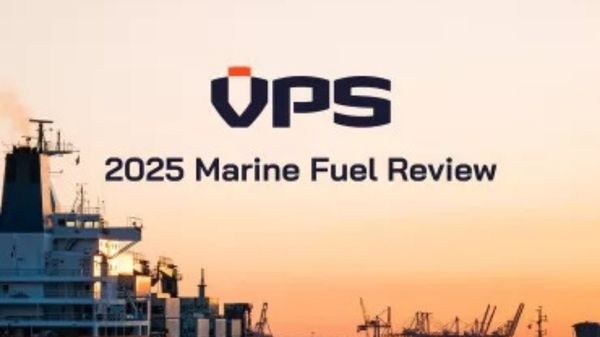
|
2025 Marine Fuel Review | Steve Bee, VPS
VPS Group Marketing & Strategic Projects Director analyses fuel quality data from the past year. |
|
|
|
||
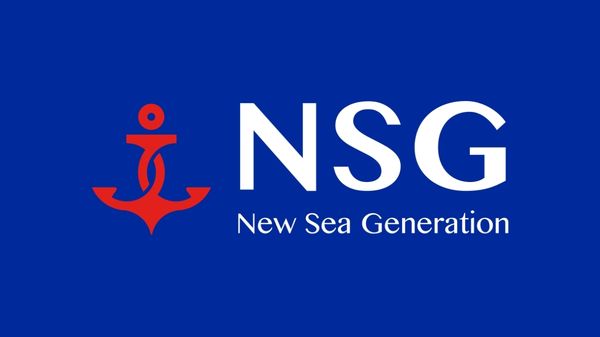
|
New Sea Generation processing applicants for Greece bunker trader role
Bunker firm offering a performance-based equity stake to experienced traders with active client portfolios. |
|
|
|
||
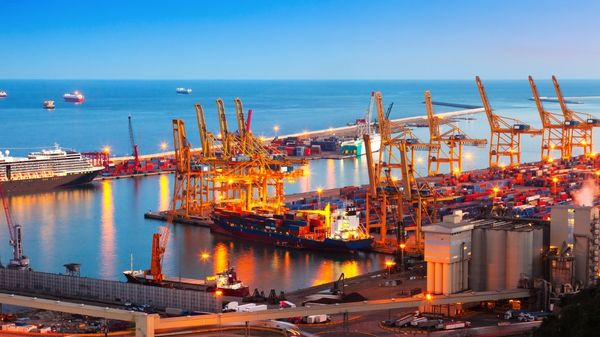
|
Spanish ports see fourfold increase in LNG bunkering volumes over two years
Renewable bioLNG accounted for 12% of marine fuel supplied in 2025, Gasnam data shows. |
|
|
|
||

|
ICS releases deck procedures guide covering alternative fuel bunkering
Publication completes trilogy of operational guides alongside bridge and engine room resources. |
|
|
|
||
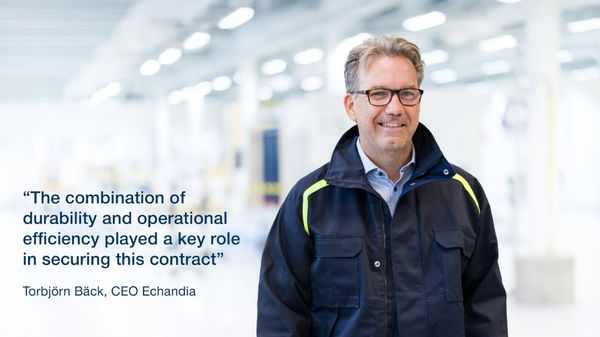
|
Echandia to supply 3 MWh battery system for Singapore harbour tugboat
Swedish firm wins contract as part of Singapore's plan to electrify harbour craft by 2030. |
|
|
|
||
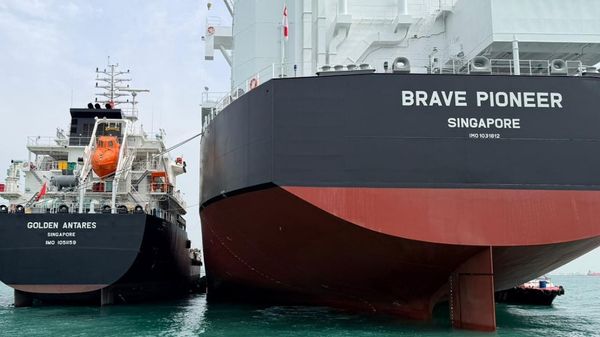
|
Singapore completes first methanol bunkering operation following licence awards
Golden Island delivers 300 tonnes of methanol to dual-fuel vessel in port’s inaugural operation. |
|
|
|
||
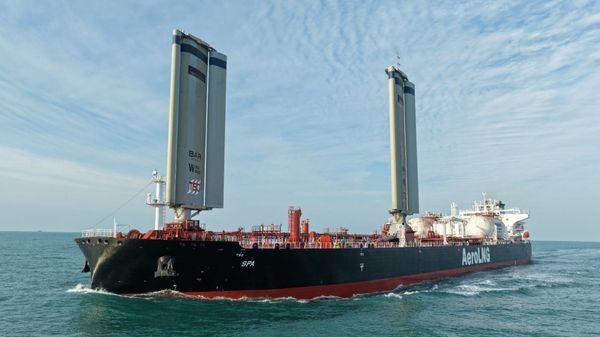
|
Union Maritime takes delivery of world’s first LNG- and wind-powered LR2 tanker
MT SPA features dual-fuel capability and WindWings technology, with second sister vessel on order. |
|
|
|
||

|
Petrobras and Transpetro order 41 vessels worth $470m for fleet renewal
Brazilian state oil companies contract gas carriers, barges and pushboats from domestic shipyards. |
|
|
|
||
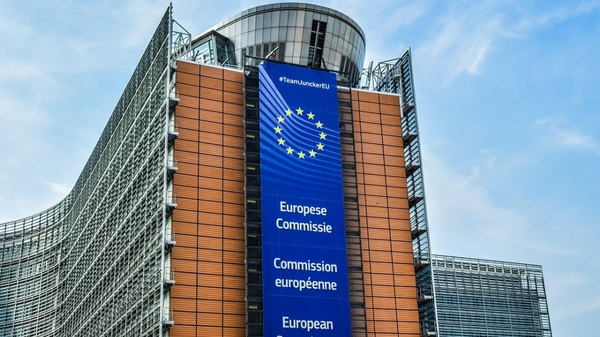
|
EU proposes phase-out of high-risk biofuels from renewable energy targets by 2030
Draft regulation sets linear reduction trajectory starting in 2024, with contribution reaching zero by end of decade. |
|
|
|
||
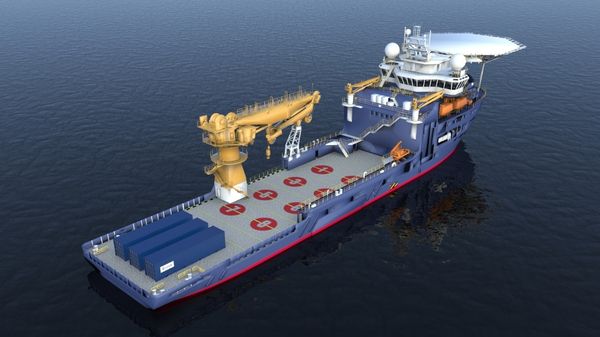
|
H2SITE launches Norwegian subsidiary to advance ammonia-to-power technology for maritime sector
Spanish technology firm establishes Bergen hub to accelerate deployment of ammonia cracking systems for shipping. |
|
|
|
||
| ScanOcean and Neste launch lower-emission gasoil in Sweden [News & Insights] |